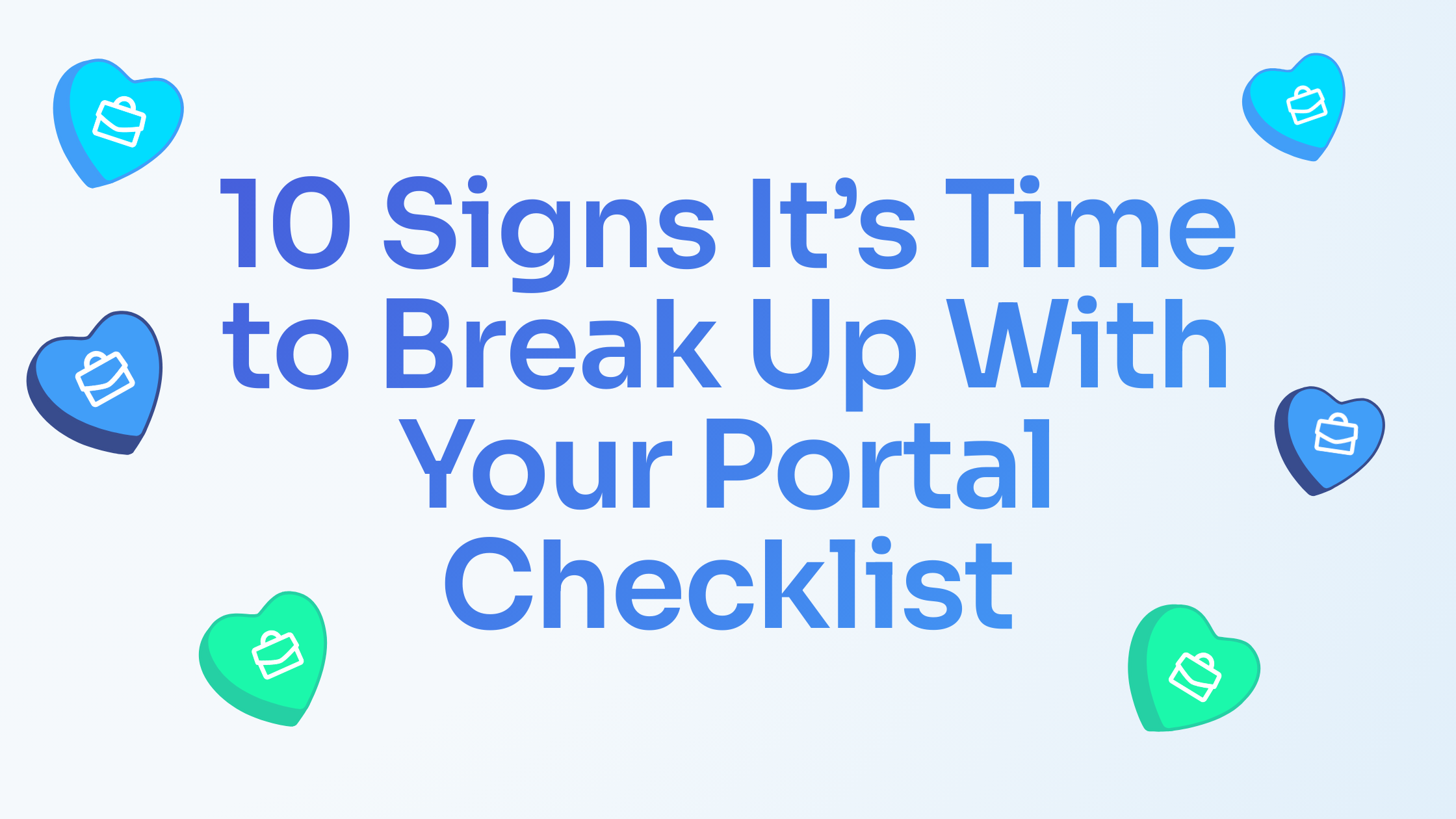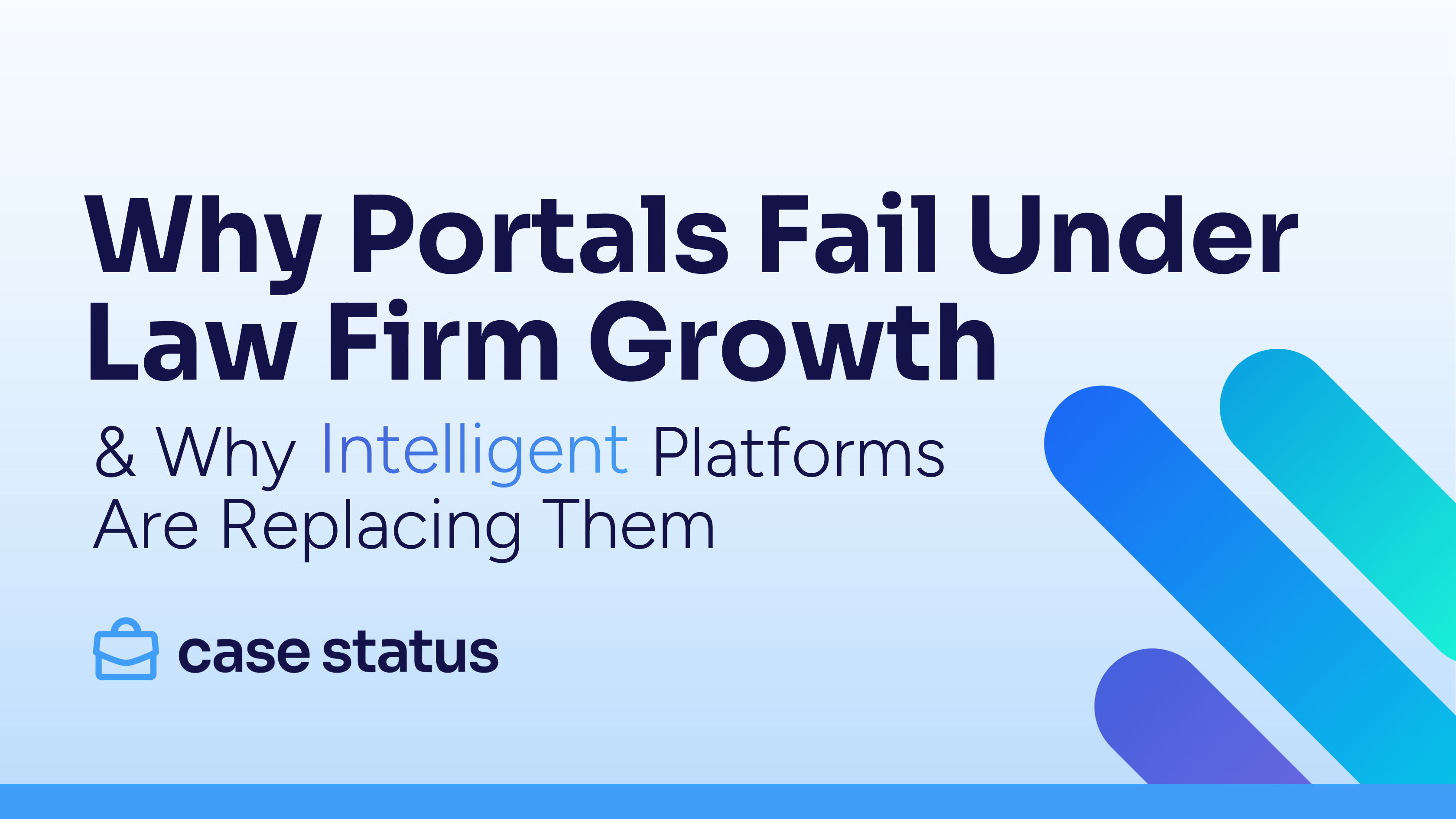
The legal profession might not be the first you’d associate with liberalized innovation but something of a revolution is going on - Non-Lawyer Ownership of Law Firms.
A new order issued in Arizona last year put an end to all that. It effectively lifted the ban on the non-lawyer ownership of law firms. Other states have been following suit. Read on to find out what it could all mean for you and your firm.
A First For Utah
A law firm billed as the first totally non-lawyer owned law firm in America has already opened its doors in Utah.
A two year pilot scheme is letting firms with non-lawyer owners to operate in the state. Clients can pay as little as $9 a month for unlimited phone access to lawyers. Firms could bill for any legal work at rates starting from around $100 per hour.
Clearly the consequences are huge, not least because of the potential impact on legal costs. Whatever your opinion about changes to law firm ownership, the potential for lower legal charges could be unstoppable.
Those who back the changes see them as exciting and innovative. They say they have the added benefit for clients to pay lower prices for legal services.
Training for Non-Lawyers
The two-year pilot project in Utah set out to train non-lawyers. They would end up with the necessary skills to offer ‘limited legal advice’ on topics such as those associated with domestic violence.
These non-lawyers are to call themselves licensed legal advocates. Training covered legal advice about a range of issues. These included protective orders, divorce, housing, consumer protection and even child custody.
Participants required a bachelor’s degree and needed at least 2,000 hours of experience as a ‘lay legal advocate.’
Big Changes Ahead for California
It’s not just non-lawyer ownership of law firms that’s making an impact. Huge changes in technology are also setting new trends.
Two years ago California began thinking about letting non-lawyers practice law. This included the use of artificial intelligence (AI) programs.
Critics became alarmed by the very idea. They argued that it would have a detrimental impact on smaller law firms. That’s because they tended to appeal to lower to middle-class markets with smaller incomes.
Nonetheless, there were three recommendations proposed:
- Letting technology-driven legal systems to offer legal advice
- Granting non-lawyers permission to deliver legal services
- Permitting non-lawyers to have an ownership interest in law firms
How Proposed Reforms Could Affect U.S. Law Firms
Major changes usually come with upsides and downsides. Non-lawyer ownership of law firms is no exception.
Lawyers have not had permission to share equity in interest with non-lawyers. That’s specifically those who involve themselves in business related to the law.
Critics maintain this limits the quality of partnerships between lawyers and other professionals. They say that’s bad for business-related decision-making.
They also say it can put unnecessary restrictions on the amount of capital required to help a business grow. They maintain it leads to higher costs and poorer legal services for consumers.
Some countries such as Australia and the UK have already lifted the ban on non-lawyer ownership of law firms. These examples are often cited as success stories and a further argument for the same to happen in the US.
Some Advantages of Non-Lawyer Ownership of Law Firms
Proponents for changes to the ownership of law firms insist that it will lead to the formation of better and stronger teams.
Being able to share profits with non-lawyers will let law firms work closely with qualified professionals. These are people who share similar standards and objectives. In theory, this could create a healthier environment and the potential for better services for clients.
Advocates for change say there’s also an extra bonus. When non-lawyers become stakeholders, firms can stop paying inflated salaries and benefits.
This then allows profit sharing to act as a reward for workers with previously fixed costs now able to fluctuate with market forces.
A New World of Business Possibilities
Altering or getting rid of the ethics rule around legal ownership will open up brand new opportunities. Non-legal entrepreneurs will feel able to safely put their money into the legal industry. This could lead to new ways of providing legal services and marketing of law firms.
When lawyers work with non-lawyers, they’ll be able to create better outreach programs through litigation funding. That means the whole legal industry will be able to better sort out problems beyond their clients’ most pressing legal concerns.
Let’s say a small legal firm creates a small station in a hospital. They may have the goal of providing patients with help related to legal matters associated with healthcare.
The firm might then be a position to offer a more comprehensive range of products. This could include insurance and HIPAA services. These would go alongside help with wills, power of attorney and malpractice.
A Boost in Fee-Paying Clients?
Many think the skillset offered by entrepreneurs who are non-lawyers has another advantage. They say it would make it more likely for small to medium sized firms to become more efficient.
The consequence would be an ability to provide a broader variety of services and products. That would translate into a bigger quantity of fee-paying clients.
As a result, they will be able to offer a wider range of products and services which would increase the volume of fee-paying clients.
As well as this, company lawyers will have more parity with Alternative Legal Service Providers (ALSP). For some considerable time the latter have eaten into the corporate legal market.
Is Non-Lawyer Ownership of Law Firms Unstoppable?
The idea that the legal profession could open up to non-lawyers has long been controversial. New technology and changes within society appear to be taking the market down a new and unstoppable path.
There have been radical changes to the regulations governing the delivery of legal services in Arizona. That’s led to a lifting of the ban on non-lawyers having ownership interests in law firms.
A more pressing plan now might be one that looks for ways to adapt to and work with the new reality.



